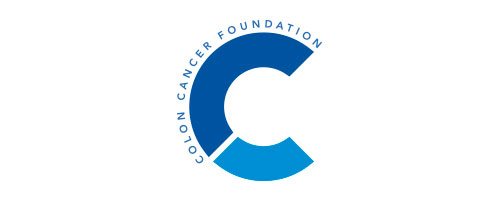A Closer Look at Symptom Management During Chemotherapy Treatment
Much of the illness trajectory in cancer patients is strongly associated with symptom management during—and maybe even years after—chemotherapy treatment. Though chemotherapy drugs are the more common mode of cancer treatment, along with surgery and radiation, patients may experience side effects associated with their quality of life.
According to a study published by the Paediatrics and Child Health Journal, supportive care during intensive chemotherapy is credited with improvements in overall morbidity and mortality rates in adults and children. Symptom and pain management may be classified as supportive care for patients in active treatment. While chemotherapy-related side effects can be anticipated, it is rather challenging to predict if the effects will be mild, moderate, or severe. Of the 236 cancer patients studied in the article, the effects ranged sporadically and were individually unique.
Supportive care methods and recommendations were addressed during a recent CURE Educated Patient Metastatic Colorectal Cancer Webinar hosted by speakers Nina N. Grenon, DNP, AOCN; Amber S. Norton, RN, BSN, OCN; and Kelley A. Rone, APRN, BSN. Speaking from their clinical and patient experiences, the care providers agreed that chemotherapy treatment may look different on a day-to-day basis, but the key, according to Ms. Grenon is “to make adequate adjustments” and to “dose adjust, rather than hold out from continuing treatment.” The expert panelists encouraged patients to communicate as much as they can with their providers, so that dose adjustments, paint management, or overall symptom management can happen early, rather than letting it get to the point where their cancer treatment needs to be paused.
Appetite suppression and fatigue are the most common side effects of a chemotherapy regimen, and the research article emphasizes that this can coincide with other symptoms such as nausea or vomiting, which is typically experienced by almost half the patients receiving chemotherapy.
The panelists noted that appetite suppression and fatigue directly correlate with each other; if a patient does not eat, then they will be fatigued or if a patient is fatigued then they will not want to eat. In order to break this cycle, they recommend:
- Smaller meals
- Flavoring water
- Foods that will not increase nausea
- Keeping the mouth moist
- Setting an alarm to eat
Most importantly, patience is a crucial element to any treatment regimen. Encouraging the patient to eat whatever they can throughout the day is a great place to start. “You don’t have to eat three meals a day…eat what you can throughout the day, even if you just eat small bites all day long, at least you’re getting something opposed to nothing,” Norton reassures. With that, following up with a nutritionist and maintaining communication with your provider can make all the difference. Having a holistic approach to care rather than isolating focus on specific symptoms tends to provide a less challenging segway into survivorship and healing.
Assessment and identification of sources of distress in cancer patients provide an opportunity to improve quality of life during care and restoration of dignity. Adequate communication amongst the patient’s care team will allow the patient to make good progress and respond well to the primary treatment, while also ensuring that their quality of life is maintained.


Leave a Reply
Want to join the discussion?Feel free to contribute!